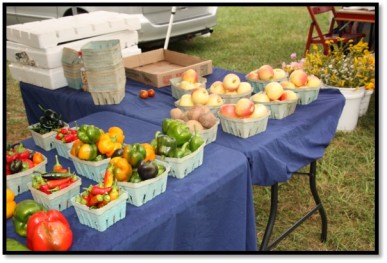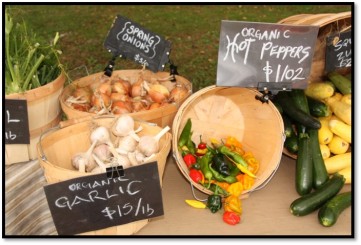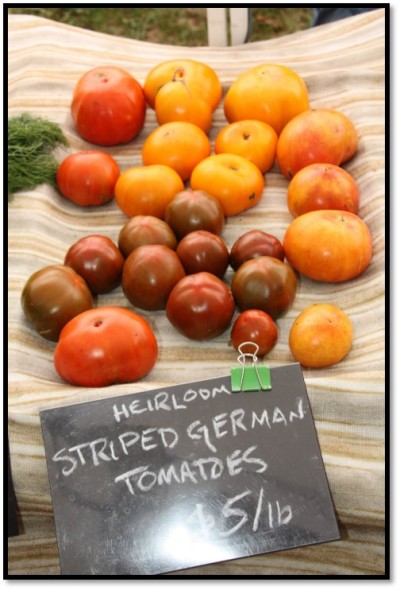 For a Celiac sufferer, nothing should pass by the lips that could damage their already fragile intestinal tract. Most importantly, they must avoid anything that could contain gluten.
For a Celiac sufferer, nothing should pass by the lips that could damage their already fragile intestinal tract. Most importantly, they must avoid anything that could contain gluten.
In case you don’t already know, gluten is a protein that is found in many grains, but most commonly in wheat, barley and rye (there are many others). Ingesting any gluten containing grain will trigger a reaction in the intestines of a Celiac (an autoimmune disease), causing their villi (tiny finger like hairs) in the gut to atrophy (or shrink). This reaction prevents nutrients from being absorbed into the body, thus creating nutritional deficiencies and a multitude of symptoms (bloating, gas, diarrhea, pain, anemia, etc.). In the non-autoimmune condition called Non-Celiac Gluten Sensitivity (NCGS), the symptoms range even farther than just intestinal. Many suffer from anxiety, depression, joint pain and migraines, just to name a few. For a wheat and/or gluten allergy, sufferers must carry an EpiPen to counteract the anaphylaxis response that could be generated from ingesting ingredients. Three designations of gluten disorders, but all with the same result…ABSOLUTELY NO EATING GLUTEN.
Avoiding gluten containing grains is stressful enough, but my feeling is that they should not only avoid gluten, but try and stay away from foods that don’t support a healthy immune system (i.e. sugar, food dyes, processed foods, etc.). My recommendation is to choose naturally gluten-free foods to support the immune system. We naturally are what we eat, so choosing quality foods is important for anyone with a compromised immune system.
One way to support a healthy immune system is to eat foods that are whole, clean, local, seasonal and organic. I’m not saying that prepacked gluten-free products don’t have a place, but keeping balance in your diet is an important practice. Where is the best place to do that? One place to start, is shopping on the outside aisles (fresh produce, dairy and meats) of the grocery store. BUT, the best place to shop, is the local farm markets in your town.
Here in Eastern, Pennsylvania there are farm markets almost every day of the week from spring until late fall. Finding a winter market takes a little more work, but they are there. Wednesday is farm market day in my town and quite honestly, it’s the best day of my week. Buying local is good for everyone! Supporting local farmers keeps money and jobs close to home, helps preserve farms, open space and supports families in our community. And just as important, foods locally produced can help heal the body. Nutrient content goes down as soon as fresh foods are picked, therefore, the closer to home the food is grown, the more nutrients it will have. This is not only true for fruits and vegetables, but meat, poultry and dairy as well.
In my opinion, local ingredients produce more flavorful foods as well. Fresh picked ingredients are usually in the hands of consumers within 24 hours of harvesting. Compare that to foods grown and picked on the other side of the earth that are shipped to warehouses before getting into stores. It could take weeks to get to you, after being picked, which certainly affects taste and nutrients.
Another thing to remember is that many foods are picked before fully ripened and exposed to ethylene gas to change their appearance to look riper. Tomatoes are a good example of this, they are picked green and unripe, then gassed with ethylene to give their appearance a more red and ripe look on the outside. Food can stay on the vine longer when grown locally, since transportation distances to stores is closer, which helps their flavors build.
The other wonderful benefit of farm markets is finding seasonal foods to eat. Why does eating seasonally matter on a gluten-free diet you ask? Our bodies adapt to the environment we live in, specifically the different seasons/climate in the geographic area. Seasonally rotating foods in (and out) of our diet keeps our immune system in balance. Eating foods out of season (or climate) can overload our systems, which may contribute to food intolerance/imbalances and disrupt our immune system.
A good example of eating seasonally is preparing our bodies for winter. The foods available here in Pennsylvania during fall are high in vitamins A, D & C (immune supportive) rich foods. Winter squashes, like pumpkin, butternut and delicatta, as well as ginger, onions, peppers, apples, pears and honey help to make our immune system strong for the coming cold winter.
Eating fats in winter helps to keep us warm and conserve energy. Low sodium foods, beef, eggs, mushrooms, dairy and root vegetables support our systems and help keep us warm in the winter.
In spring, there will be more cleansing choices to help detox our bodies from winter. Dark green leafy foods (lettuce, kale, spinach, arugula, etc.) help clean out the liver from the heavy fats consumed in winter.
Summer foods provide liquids to prevent dehydration and keep us cool (melons, cucumbers, strawberries, blueberries and lean meats and fish).
Finally, a note on eating organic whenever possible, is always a plus for the gut. Less pesticides and fungicides on our foods means less in our bodies. Remember, USDA certified organic means NO GMO ingredients or hormones can be used in foods including livestock. It’s also better for the environment with less run off into our water and in the air.
My recommendation has always been to try to buy fresh and local whenever you can and maybe do a little preserving or freezing in the summer to enjoy locally produced foods all winter.
To learn more about eating seasonally buy my book, 3 Steps to Gluten-Free Living on Amazon.

